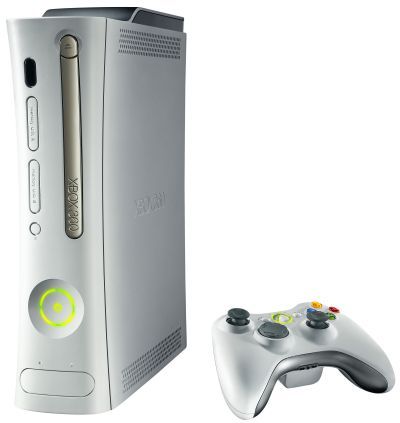Most of us are surrounded by electronics in our homes -- computers, peripherals, MP3 players, game consoles and countless other digital gadgets. And each time we upgrade to the latest model, we've got an electronic device on our hands that, as far as our own needs are concerned, is obsolete. So where does it go, if not to the growing pile of logoed plastic and metal in the basement? Why not just throw it out?
There are lots of reasons why something like your old computer shouldn't go out with the trash. First, it may not be trash at all. Sure, if it's pre-1995, it's not going to do anyone much good. But if you bought it in the last 10 years or so, it can possibly be upgraded or refurbished and be of great use to someone who doesn't have the money to buy a new one. And if you do have a relic on your hands, tossing it is still not the best way to go. If you throw out your old electronics, not only are you taking up increasingly scarce landfill space with valuable resources like plastic, metal and glass that could be made into new devices using less energy than it takes with virgin resources, but you're also putting potentially toxic materials in the ground. Lead, mercury and other substances can leech from old monitors and circuit boards into the air and ground water and possibly affect people's health. In some countries and many U.S. states, particular electronic components are regulated as hazardous waste.
Advertisement
So, if you're not going to put your old computer in the dumpster, you're down to two choices: reuse or recycle. If the device is in good working order, reuse is the better option. Refurbishing is easier on the environment than recycling. Recycling uses energy, and the longer you can keep the non-recyclable parts out of a landfill, the better. You can donate a working electronic device for reuse in any number of ways. Cell phones are easy -- the store where you buy your new one will usually donate your old one for you at little or no cost. And if you want to choose which charity gets to have your old phone, a simple Web search will point you to a selection of charities in your area that want it. For example, many cities have women's shelters that accept unwanted, working cell phones and give them to women in domestic-abuse situations so they can dial 9-1-1 anywhere, any time. If your unwanted device is a fairly modern, working computer, many school districts will gladly take it. And if you've got an old computer, scanner, Webcam or other device that's not in working order, you can post it to an online message board like Craig's List or a listserv like Freecycle™, and you'll likely find some who at least wants it for parts.
Of course, that last option requires that you deal with other human beings and multiple e-mail exchanges in order to get your non-working electronic device into new hands. If you want to get rid of a broken or extremely old piece of electronics with minimal effort, recycling may be the way to go. Many computers are built to be easily demanufactured into their component parts for easy recycling. Some devices may require more energy to recycle, but it's still better than tossing them into a landfill.
Electronics recycling is a fairly new industry, and it's far from centralized at this point. Many people end up throwing their old electronics in the trash out of frustration alone. It can take a good deal of research to figure out how to properly recycle this stuff. Going to the manufacturer's Web site or to the store where you bought the device is often a good bet. Many electronics manufacturers and retailers have instituted collection programs that make recycling your old gadgets pretty easy. If that doesn't get you where you need to go, you might want to check out some of these links:
United States
- ElectronicsRecycling: Database Search
- NRC: State Electronics Recycling Programs and Policies
- Electronics Industry Alliance: Recycling Opportunities by State
- EIA: National Reuse and Recycle Opportunities
- EPA: Plug-In To eCycling Partners
- EPA: Where Can I Donate or Recycle My Old Computer and Other Electronic Products?
- NSC: Electronic Equipment Recyclers Contact List
International
- International Association of Electronics Recyclers
- Metech: Consumer Computer and Electronic Recycling Program
Some of these organizations charge a recycling fee, usually between $10 and $20. If you don't want to pay for the service and you can't find a program that will recycle your gadget for free, your local thrift store is a decent last resort. Just make sure you let the store know what does and doesn't work when you drop it off.
For more information on electronics reuse and recycling and related topics, check out the next page.
Advertisement


